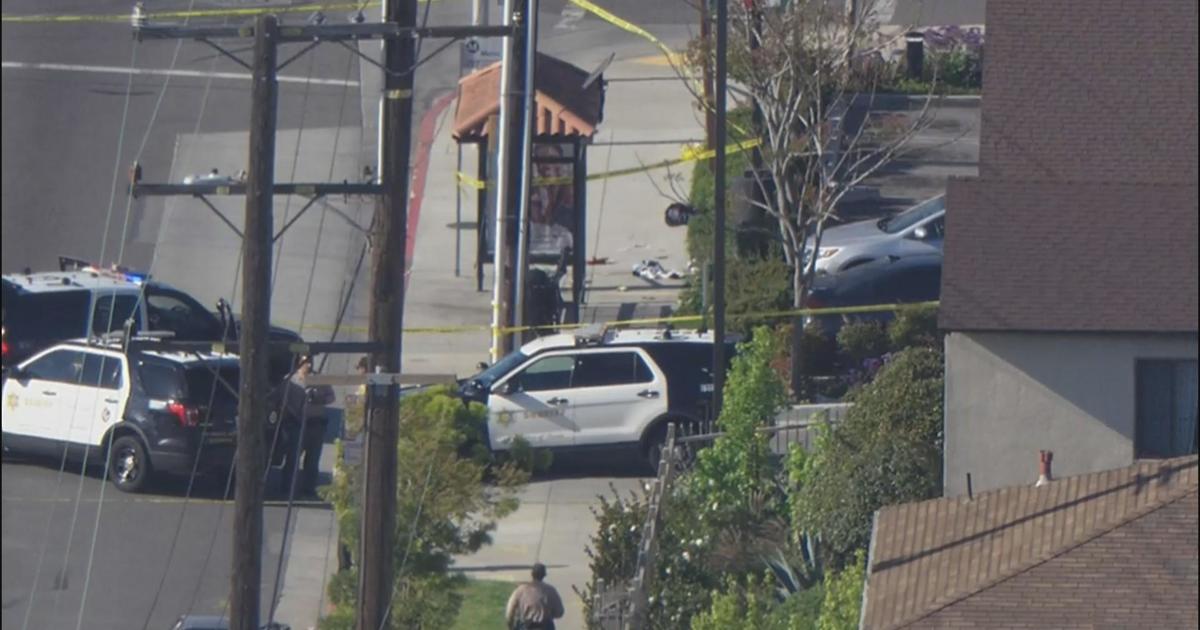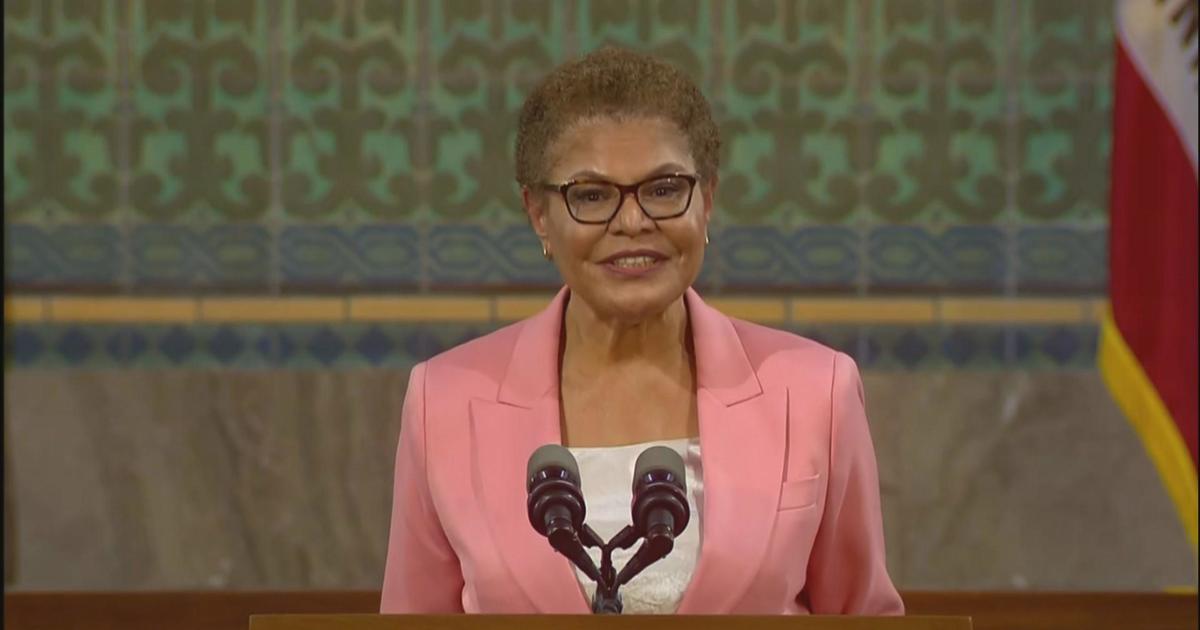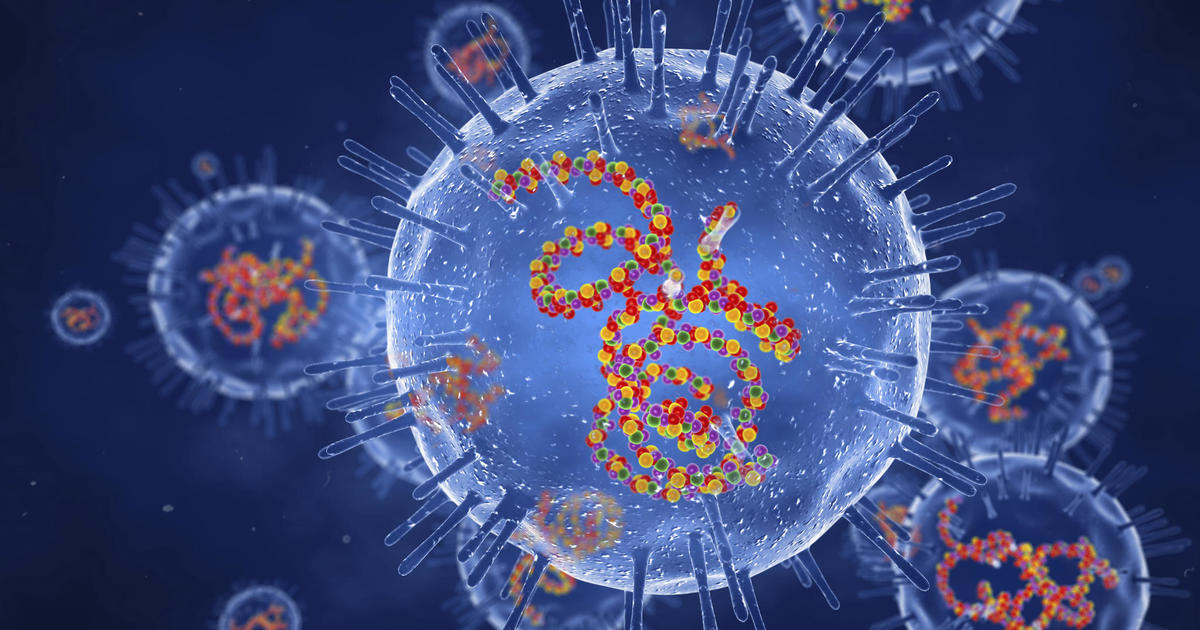'Connect, Prepare, Respond' To Get Ready For Natural Disasters
STUDIO CITY (CBS) — The Los Angeles County Department of Public Health unveiled a new disaster-readiness campaign that urges neighborhoods and communities to "connect, prepare and respond."
The three elements of the campaign are designed to encourage residents to meet their neighbors, prepare disaster plans that include a neighborhood map and other resources, and to offer tips on responding appropriately to emergencies.
Dr. Alonzo Plough, from the LA County Health Department, stopped by KCAL9 Wednesday to talk about the new campaign.
Communities educated in proper emergency response procedures, such as evacuating, sheltering in place, or recognizing signs of damage to utilities and structures, typically suffer fewer serious injuries, less loss of life and reduced property damage. The campaign encourages residents to educate themselves and their communities through opportunities such as the Community Emergency Response Team (CERT), the Public Health Emergency Volunteer (PHEV) Network, and the Medical Reserve Corps.
Connect
Neighbors are encouraged to get acquainted and exchange contact information. Start a dialogue with your neighbors about resources that can be shared, such as tools or skills; identifying areas of concern, such as streets that may be closed if a mudslide were to occur; potential evacuation routes; and other disaster-readiness topics.
Prepare
Community-based disaster response plans should ideally include:
• A method of communication for all residents,
• A procedure to determine the status of every resident, such as a neighborhood telephone tree or Twitter account,
• A "neighbor inventory" to identify individuals who may need extra assistance,
• A neighborhood map with planned evacuation routes,
• An emergency plan and survival kit for every household.
Respond
How one responds during a disaster could mean the difference between life and death. Everyone should stay informed and follow instructions from local officials through multiple sources, such as television and radio reports and, in some cases, through social media updates on Twitter or Facebook.
Immediate steps to take in the event of a disaster include:
• Making sure the people in your household are safe.
• Activating your emergency plan.
• Getting information by turning on your television or radio or logging onto trusted internet sources.
• Checking on your neighbors, and organizing or providing help if needed.
For more information about developing a family and neighborhood emergency plan, and connecting with local training classes or volunteer activities, visit Prepare2Respond.



